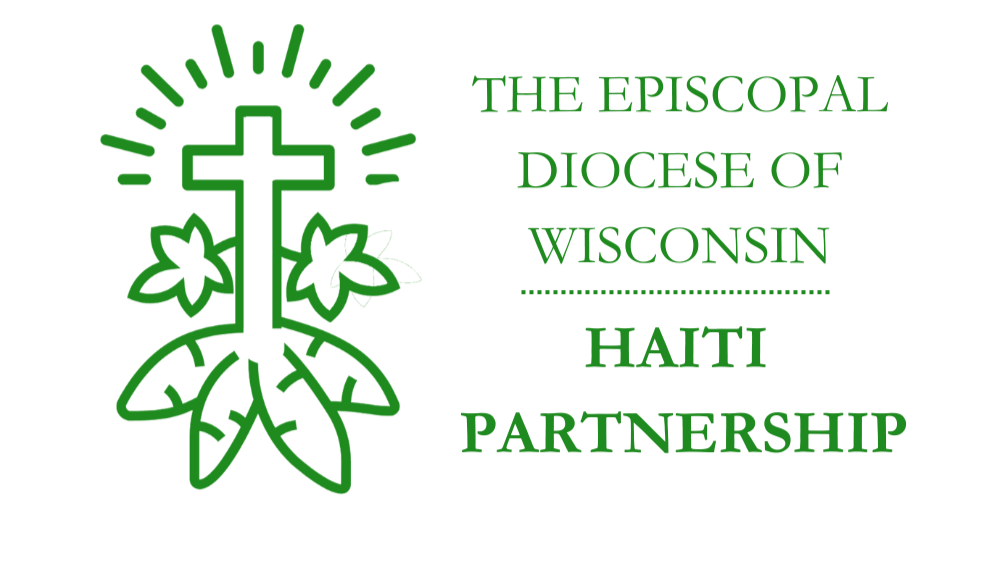Cassava Program
There is an inspiring initiative to boost both food security and economic stability in Jeannette, Haiti, through the Cassava Program.
For more than forty years, the Diocese of Wisconsin has walked alongside the people of Jeannette, Haiti, through St. Marc School and St. Marc Clinic—two ministries that bring education, healing, and hope to hundreds of families.
Today, that legacy continues to expand through the Cassava Program, a community-driven agricultural initiative that strengthens food security, creates sustainable jobs, and ensures that St. Marc can flourish for generations to come.
Rooted in Partnership
In 2022, the Diocese of Wisconsin and APSHA (Action Pour Sauver Haïti) deepened their collaboration by launching the Cassava Program with the support of generous donors—a locally led, social agri-business designed to empower families and deepen Jeanette’s economic sustainability long term.
What began as a vision for better farming has become a movement toward self-sufficiency, directly reinforcing the education and healthcare ministries that have defined St. Marc’s mission for decades.
This was planned from the beginning to be accomplished in phases.
Phase I:
Laying the Groundwork
Eighty local farmers were trained in new agricultural techniques and supplied with 25,000 high-yield cassava cuttings—a hardy, nutrient-rich crop well suited to Haiti’s soil and climate.
Each plant produces up to fifteen tubers, helping families increase harvest yields and secure reliable food and income sources. This first phase benefited more than 500 individuals, many with children attending St. Marc School.
Phase II:
Building a Local Socio-agribusiness
With a successful first harvest complete, APSHA and local leaders began constructing a processing facility to transform cassava into flour and other shelf-stable goods. This expansion enables farmers to sell products year-round, even in dry seasons, while developing essential business and management skills. The resulting stability helps ensure that St. Marc School and Clinic can depend on consistent local support. When you combine that with the Diocese of Wisconsin being a trusted partner for 40 years, you end up with locals who want to improve infrastructure and use income and funds to better the community, knowing their partners have their back.
Phase III:
Extension and Expansion
Infrastructure has long been a barrier in rural Haiti. Now, with a new community-built road linking Jeannette to the larger market in St. Michel du Sud, cassava producers can reach buyers directly.
Each new sale strengthens family income, keeps children in school, and allows patients to contribute toward their healthcare at St. Marc Clinic and directly invest in making their community better.
The Cassava Program is more than an agricultural project—it’s a foundation for St. Marc’s future. As local earnings grow, families are able to fund school fees, purchase medicine, and support community initiatives without depending solely on international aid.
Each increase in local giving reflects the heart of this partnership: Jeannette investing in Jeannette. Your gifts help close the gap—ensuring that both the school and clinic continue their vital work even as the community gains financial independence.











